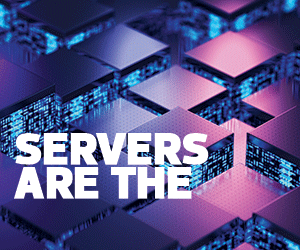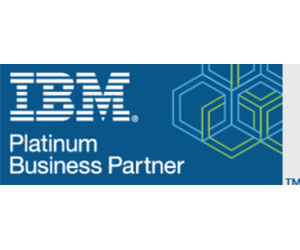Data, Applications and Workloads in the Zero-Trust Framework
Maintaining data security is essential to business success. The zero-trust security framework assumes network security is always at risk to internal and external threats. The framework guides IT teams to organize and strategize a deeper, more thorough approach to protect against those threats.
For example, many organizations now incorporate multifactor authentication for internal users as well as customers or clients as one component of the zero-trust framework.
They may also require users to reauthenticate more frequently so that network intruders can’t maintain unauthorized access if they do happen to succeed in breaking through an organization’s perimeter defenses. Security features built into IBM Power servers help IT teams integrate IT infrastructure into their zero-trust strategies.
The Power line of servers can run three different operating systems: IBM i, Linux and AIX. IBM i, in particular, offers a protective measure as a proprietary OS that inhibits hackers looking for easier, more open targets.
This system has never suffered a ransomware attack. Encryption at rest and other inherent security features offer deeper, data-level protection at every layer of computing.
LEARN MORE: How IT leaders can stay focused on business outcomes.
What Are Infrastructure Capabilities That Drive Business Success?
Downtime is a critical issue for organizations. An extended outage of an important application can put a company out of business. IT leaders are looking to deploy stable, reliable, secure computing environments that can scale. The IBM Power line of servers offers numerous features to support a stronger, more reliable computing environment that powers business:
- Inherent security: IBM Power servers provide a variety of inherent security features, including a secure boot capability that uses digital signatures to verify and validate all firmware components. They also have accelerated encryption capabilities to provide significantly faster performance of the Advanced Encryption Standard.
- Robust performance: Power servers are more robust than other lines. Roughly 2.7 cores of a competing product would be required to match the power and capabilities of one IBM Power core.
- Reliable delivery: IBM has used the skills and knowledge from its decades-old mainframe computing business to enhance the Power platform, resulting in five 9s of reliability (that’s 99.999% uptime).
UP NEXT: Why data is crucial across technology deployment.
The Power system excels in database applications and business resiliency solutions, and the inherent security features of its chip architecture further protect data and identify threats, ensuring essential data remains available to the business, whenever and wherever it’s needed.
Brought to you by:














